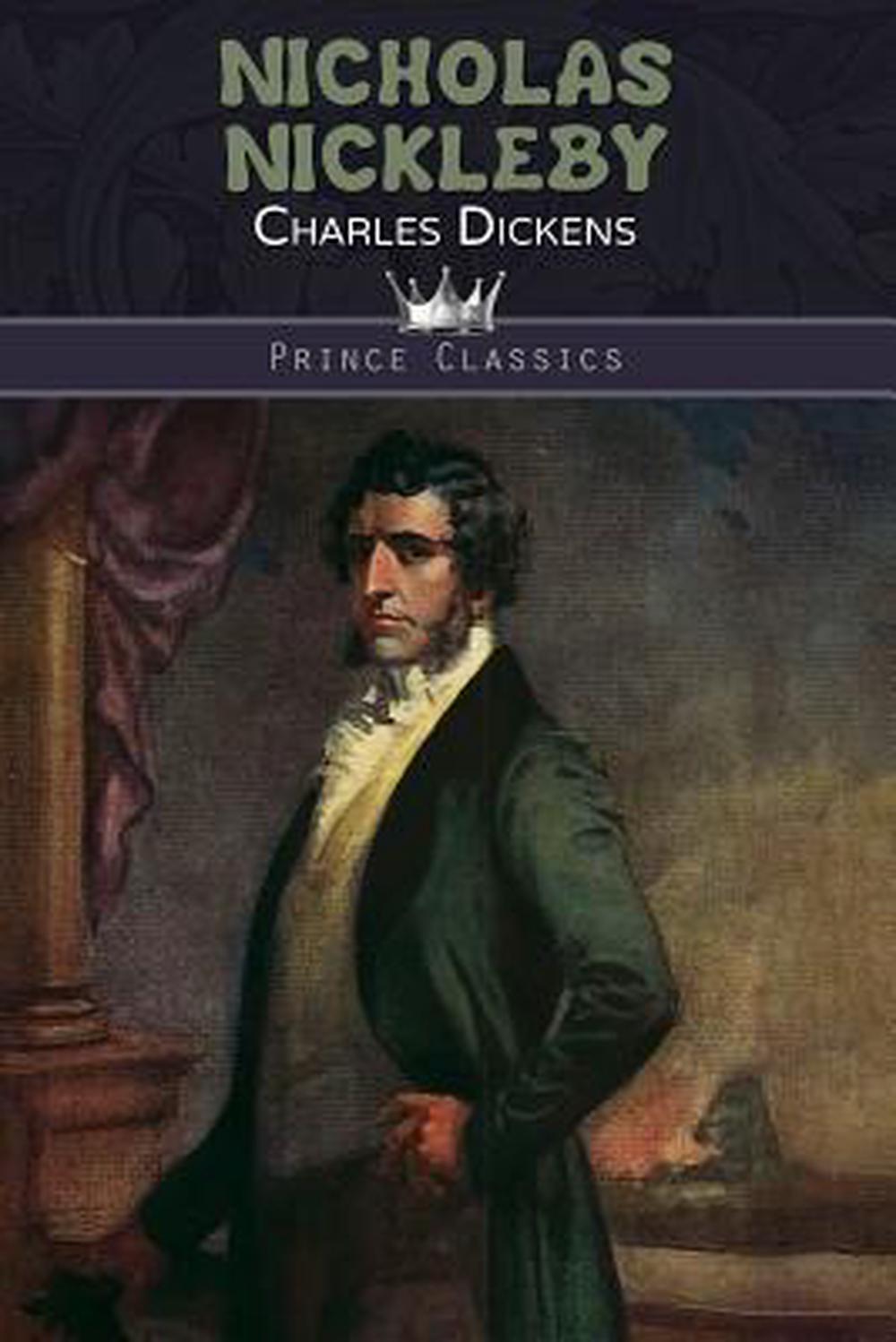
His origins were middle class, if of a newfound and precarious respectability one grandfather had been a domestic servant, and the other an embezzler. From 1822 he lived in London, until, in 1860, he moved permanently to a country house, Gad’s Hill, near Chatham. His happiest childhood years were spent in Chatham (1817–22), an area to which he often reverted in his fiction. Chesterton’s 1929 Britannica essay on Dickens.) Early yearsĭickens left Portsmouth in infancy. The range, compassion, and intelligence of his apprehension of his society and its shortcomings enriched his novels and made him both one of the great forces in 19th-century literature and an influential spokesman of the conscience of his age. The most abundantly comic of English authors, he was much more than a great entertainer. His long career saw fluctuations in the reception and sales of individual novels, but none of them was negligible or uncharacteristic or disregarded, and, though he is now admired for aspects and phases of his work that were given less weight by his contemporaries, his popularity has never ceased. Much in his work could appeal to the simple and the sophisticated, to the poor and to the queen, and technological developments as well as the qualities of his work enabled his fame to spread worldwide very quickly.

#WTFact Videos In #WTFact Britannica shares some of the most bizarre facts we can find.

Demystified Videos In Demystified, Britannica has all the answers to your burning questions.Britannica Classics Check out these retro videos from Encyclopedia Britannica’s archives.Britannica Explains In these videos, Britannica explains a variety of topics and answers frequently asked questions.


 0 kommentar(er)
0 kommentar(er)
